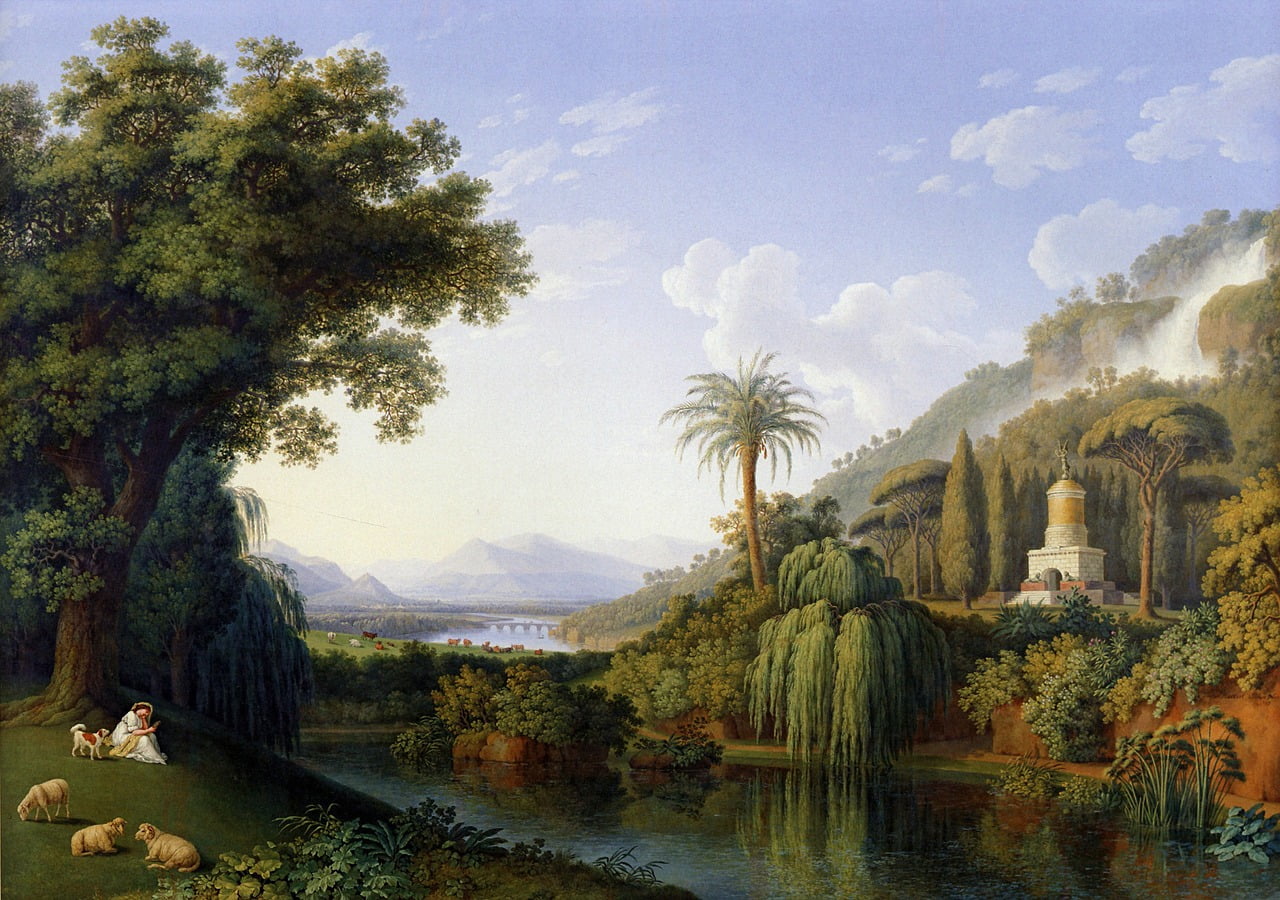In the third part of this series, we look at NGO petitions to U.S. Customs and Border Protection (CBP) on palm oil as a means of blocking palm oil shipments.
Over the past three years there have been two major petitions made to CBP on this issue. One came from the law firm Grant and Eisenhofer (G&E) against Felda Global Ventures (FGV), and the other was made by Liberty Shared (a U.S. NGO) against Sime Darby.
Q2 2022 hedge fund letters, conferences and more
Under U.S. law it is possible for any person or group to launch a petition against any company for violations of Section 307 of the US Tariff Act.
The petitions made by both of these groups relied heavily upon NGO reports for their source material, particularly the G&E petition.
Notably, unlike Liberty Shared, which receives substantial funding from the U.S. government, G&E have never revealed their client.
Significant Errors In Palm Oil Report
The failure to disclose is significant. Were they funded by a competitor to palm oil, or a foreign government like Norway?
Much of the information throughout the report can be taken as a wholesale indictment of the Malaysian palm oil sector.
However, a very close examination of the sources indicates that much of the material is not even relevant to palm oil nor to Malaysia.
Take the first example, which is a report written by Amnesty International. It is probably the highest profile report cited in the petitions, given that Amnesty is an internationally-recognised human rights NGO.
The report, ‘Trapped: The Exploitation of Migrant Workers in Malaysia,’ is an extensive report on labour exploitation in Malaysia, focusing on indentured labour and unethical recruitment.
But it should be noted that palm oil is not mentioned at all throughout the report. There is a specific focus on manufacturing, which takes up around three-quarters of the report. No palm oil incidents are listed, nor are any palm oil companies.
Similarly, another report cited, put together by environmental group Rainforest Action Network, is entirely concerned with the Indonesian palm oil sector. Malaysian practices are not a subject of the report.
Another report cited, by human rights group Suhakam which is a highly respected NGO in Malaysia, concerns the discovery of mass graves of refugees that were discovered near the Thailand-Malaysia border. The report focuses entirely on recruitment processes – but palm oil is not mentioned once.
There is only one conclusion that can be drawn from a report that should be focused entirely on palm oil – but which instead is full of sources like this that don’t apply to palm oil. It all leads to a suggestion that the authors were attempting to discredit palm oil in any way possible rather than solve labour problems.
These two petitions are found to have significant errors. There should never be a scenario where the U.S. government should take them seriously, especially considering U.S. taxpayers paid for one of the reports.













